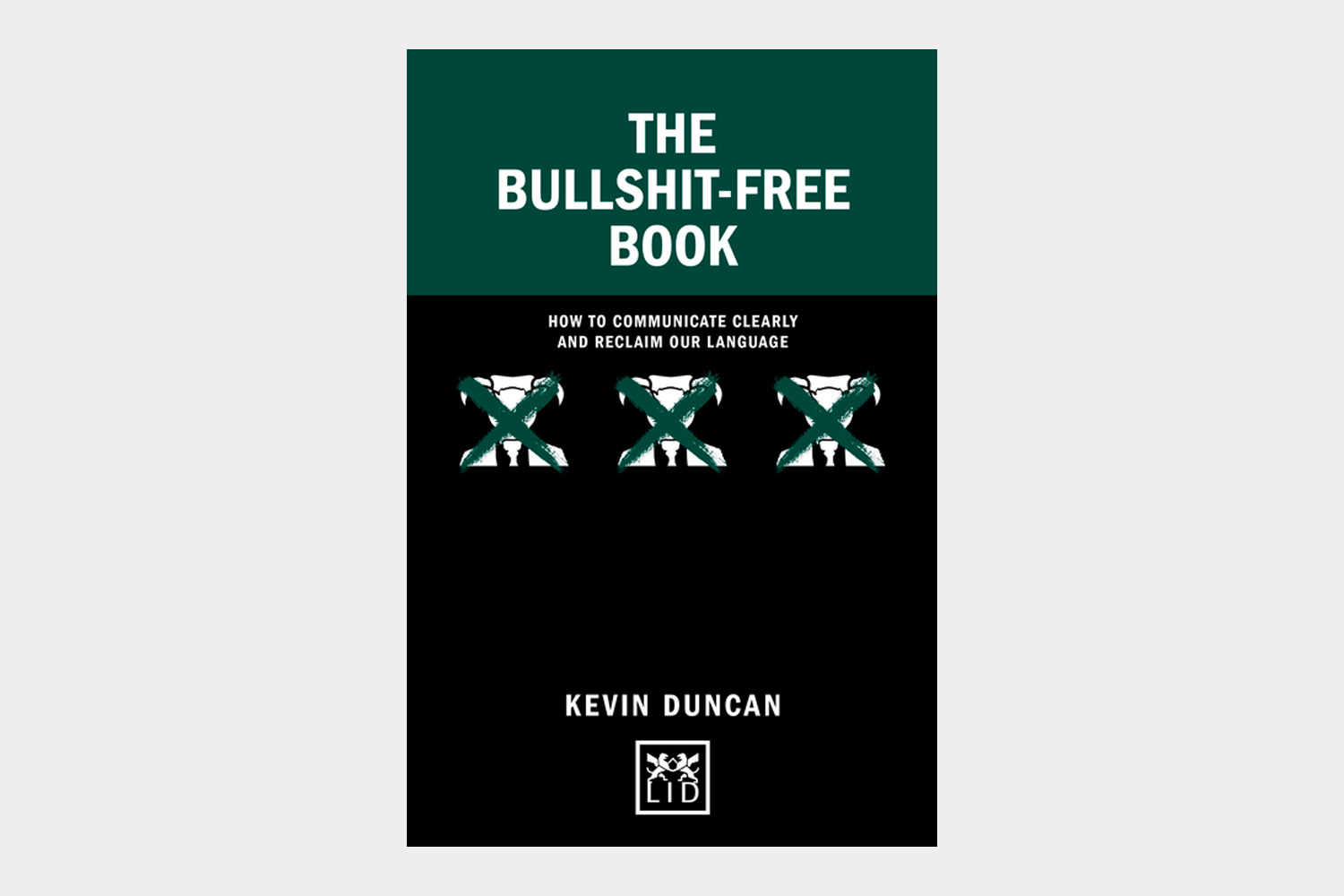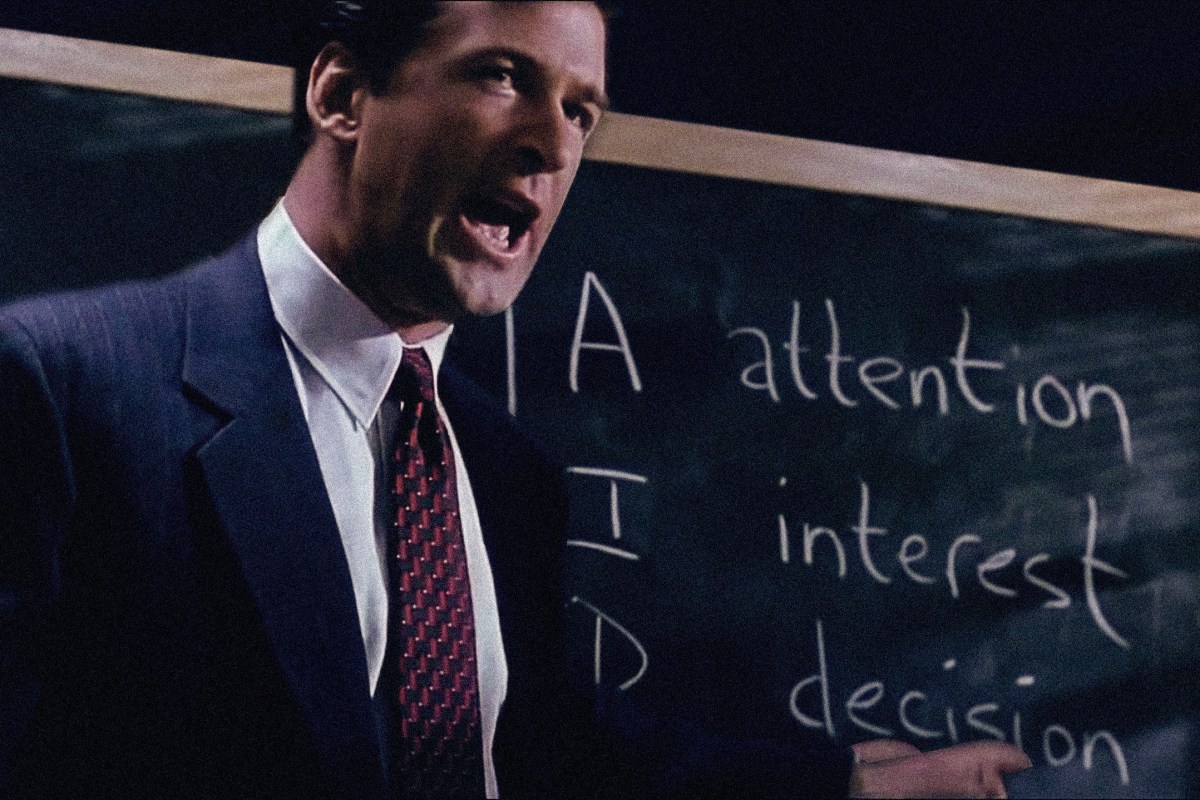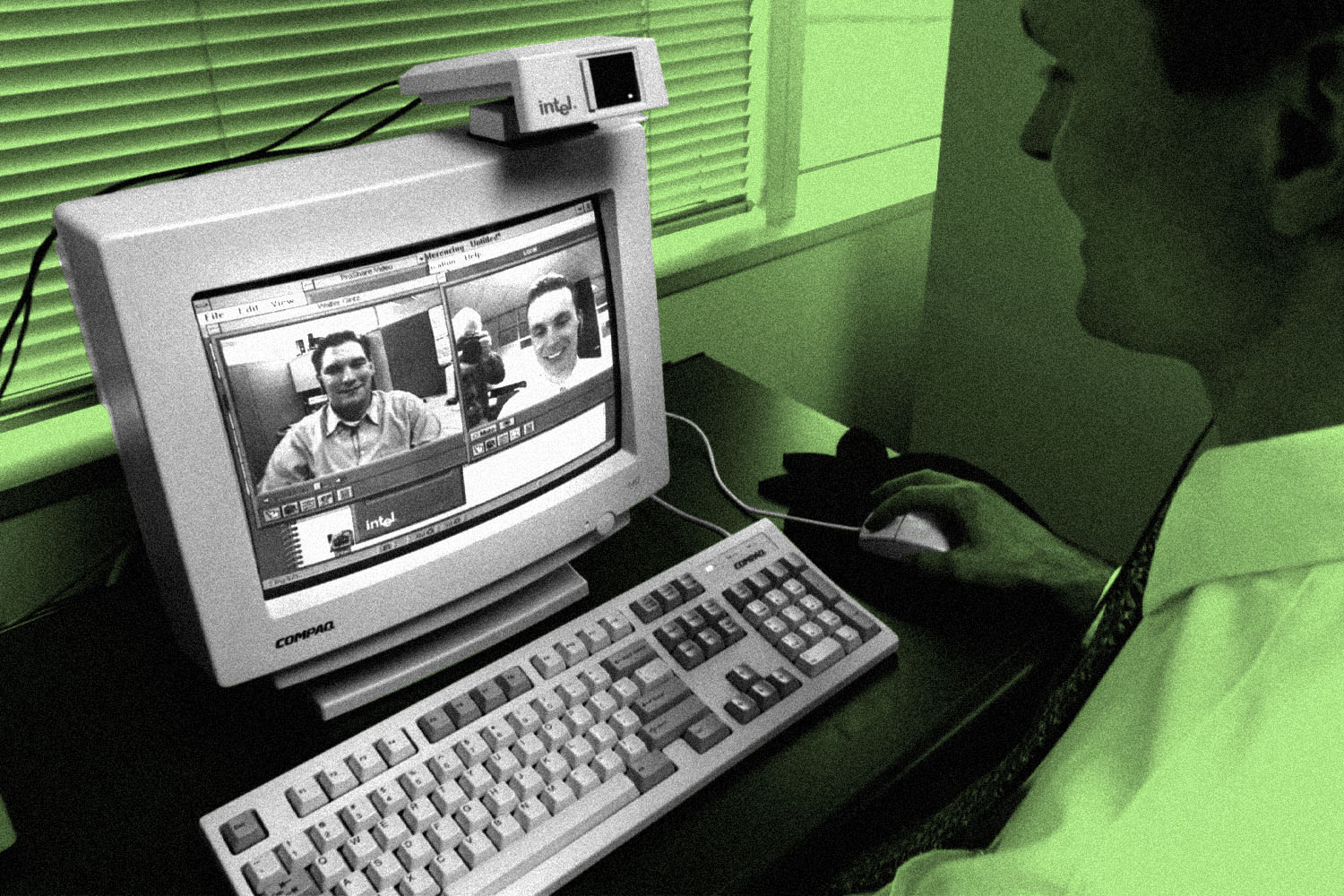“Companies love to have a ‘business culture’ these days and language is part of that. People in a business end up speaking the same way much as they end up dressing the same way. The problem is that, while it’s not adopted with the intent to sound foolish, it so often does,” says Kevin Duncan.
Duncan is an ex-advertising executive and now business strategist. But he’s also the author of the forthcoming The Bullshit-Free Book: How to Communicate Clearly and Reclaim Our Language (Lid Publishing, Feb. 2022) and of a dictionary of business double-speak. It’s full of the phraseology that has broken free of the business world orbit to enter more common parlance, albeit often with tongue firmly in cheek.
You know the kind of thing: “close of play” and “blue sky thinking,” “onboarding” and “upskilling,” “reverting” and “circling back,” “optics” and “takeaways,” “ring fencing” and “touching base,” “taking ‘the helicopter view,” “getting ducks in a row,” “running ideas up a flagpole,” “opening the kimono” and indulging in a long, hot “thought shower.”
“Bullshit like this,” says Duncan — clearly he’s not a fan — “sounds funny, sounds ludicrous, but the effect is more invidious. Sure, among those in the know — fellow scientists, for example, pilots, engineers, academics — specialist jargon and acronyms can help them get to the point faster. Context matters. And language evolves and some jargon becomes genuinely useful in expressing concepts. But most business environments aren’t so specialist, and then this kind of language fails in its key remit: to communicate.”
But this isn’t just because overuse inevitably lapses certain words and phrases into cliche. Is there a CEO anywhere who has managed to avoid speaking of their company’s “DNA”?
“If you went into a meeting now and spoke of ‘running an idea up a flagpole and seeing who salutes,’ you’d get laughed at. As bad as it can be, even business lingo evolves,” says Tim Phillips, a business writer specialising in helping companies rethink their use of language (“I suppose you’d now call me a ‘content creator,’” he quips).
The bigger problem is that the very intent of much of this jargon is to hamper communication. At its best, business lingo can foster a sense of inclusivity and camaraderie, but more often, it serves as a kind of power play between those who know the latest terminology and those who don’t, helping to maintain hierarchies. It can be weaponized to make duff employee conditions sound like the primrose road to self-actualization; it can be used to impress the uninitiated — well, at least until they work out what, if anything, the jargon means, how much more directly it could be expressed, and how they now feel slightly scammed. It works well for managers especially, since they don’t have to turn their empty phrases into concrete actions — though a study from 2020 suggests you’re more likely to use over-complex jargon the lower down the pecking order you sit.
Add up all these effects, and the language in question may even help give a sense of pseudo-meaning to, as the late anthropologist David Graeber called them out, “bullshit jobs” — especially in an economy that has shifted from making things to making things look good (a 2015 YouGov poll in the US found that 24% of employees felt their work made no meaningful contribution to the world, a figure much higher in other parts of the world). You see it so often in job descriptions: onerous qualifications and daily responsibilities that make the job sound almost certainly more complex and challenging than it is. Wholesale linguistic torture may even help maintain the confidence of entire bullshit companies.
But it does much worse too, according to Duncan. Despite being ridiculed by the outside world, inside the business world, language creation — borrowing from sport, the military, computing, New Age thinking and mashed with fleeting moments of seeming mastery over wayward metaphors — tends to obfuscate. “It helps to cover up lack of action, evade difficult questions, deliberately confuse,” he reckons, which is why, as the British Government has found in recent years, attempts to dial it back don’t tend to stick for long. “Business lingo exists in that grey area between the truth and the lie, which is worrying when it slips into, say, language used by politicians. Business lingo is bad for business.”

Certainly employees at least seem to instinctively question this business babble. A 2018 OnePoll survey found that 27% of US workers say they stop listening when people use business jargon, and 60% don’t know what the jargon means anyway. George Orwell noted in 1945 how the decay of language promotes political mayhem, underscoring the connection between the quality of language and the quality of thought. More recently, philosophers have examined the prevalence of bullshit in a world in which everything has a commercial value, Max Black connecting its use to self-delusion, and Harry Frankfurt to a worrying indifference to how things really are. The problem is that it’s just so damned convenient.
So, will it ever go away?
Duncan fears that all this terminology is far from terminal — witness the 44-page book of acronyms he was recently given when consulting to an unnamed global brand in FMCG (that’s “fast moving consumer goods” to you). Business lingo’s use went through a “paradigm shift” (there’s another one) with the advent of the internet, which, Duncan argues, encourages a culture of knowing, since almost any answer is at our finger-tips. That’s diminished the permission to say “I don’t know” — and business has compensated for this very human response by developing a linguistic smokescreen. “So we end up being able to have a day of meetings in which there’s no plain speaking at all,” he says. “It gives no direction to the company whatsoever.”
Phillips agrees, citing his personal bete noire: the replacement of “problem” with “issue,” “because ‘problems’ have to be fixed, but ‘issues’ just addressed — by sending an email or arranging a meeting. It’s like ‘job’ and ‘role’: one suggests getting things done, the other that you’re part of some business soap opera. It’s language used to take away the honesty of what needs to be done.”
Well, maybe. Andrew Molinsky, professor of organisational behavior at Brandeis University, Boston, is more laid back about it all. Sure, it’s an exclusionary group language now somewhat at odds with our diversity and inclusion culture, “but we all have exclusionary language, from the time we’re in the playground,” he notes. “It’s just language that helps people feel on the same wavelength.” Isn’t, he asks, there something playful and colorful about it? Isn’t it all a matter of perspective?
“Some people inside business do lose perspective. Those who are more self-aware probably know that out-groups are mocking of it, even if these groups probably exaggerate for effect. It can be funny,” he admits. “But I think you also have to keep in mind the different cultural values among those using the language and those doing the mocking, too — some of the latter are just more ready to take the piss out of anything that sounds self-important.”
Maybe, in an ever more globalized world, it’s that clash of cultures trying to do business that will spell the decline of such lingo. Though he occasionally still finds himself in meetings in which — despite knowing the subject at hand — he’s not sure what anyone is actually saying, Tim Phillips at least is optimistic that we’ll have less of this language “going forward.” Phillips, who notes that a friend has confronted him about his own ove-use of “journey” — reckons that the recent pandemic lockdown and the predicted embrace of remote working to follow might, over the coming 18 months, provide just the reset button that business language needs.
“Taken out of the office environment, when you’re working from home and meeting by Zoom, the use of jargon becomes ever more noticeable and awkward. Isolated from the groups in which we usually work in an office, it’s becoming all the more clear that how we describe things is actually important to how things get done,” he says. “I don’t think business language will ever go away — lingo happens where there’s innovation, and the business world is one of the most innovative. But I do think we’ll see the bad stuff go, with the useful stuff left over.”
This article appeared in an InsideHook newsletter. Sign up for free to get more on travel, wellness, style, drinking, and culture.























